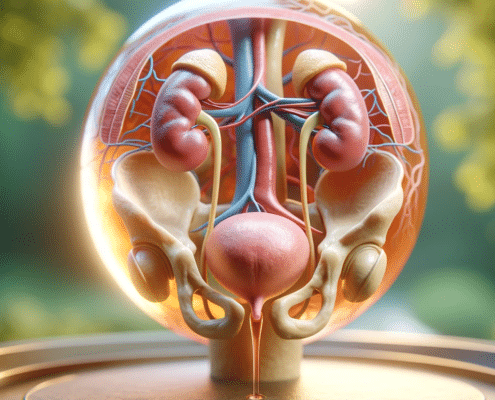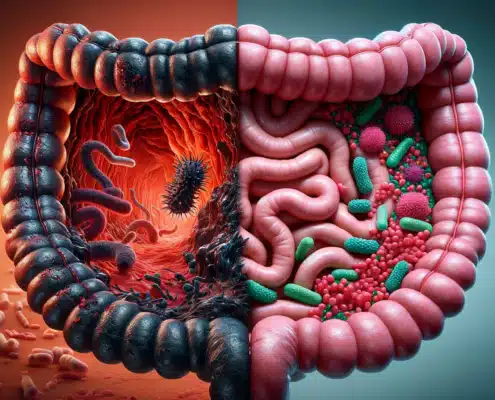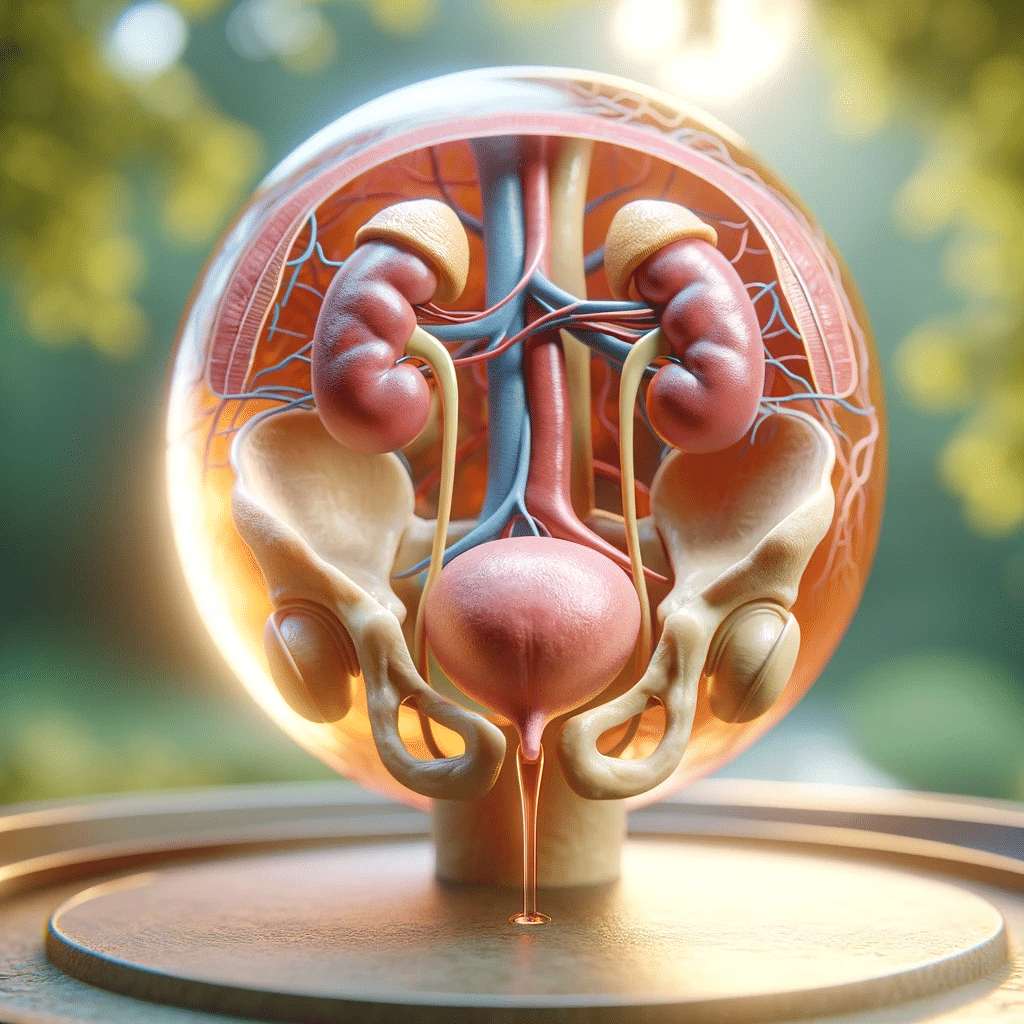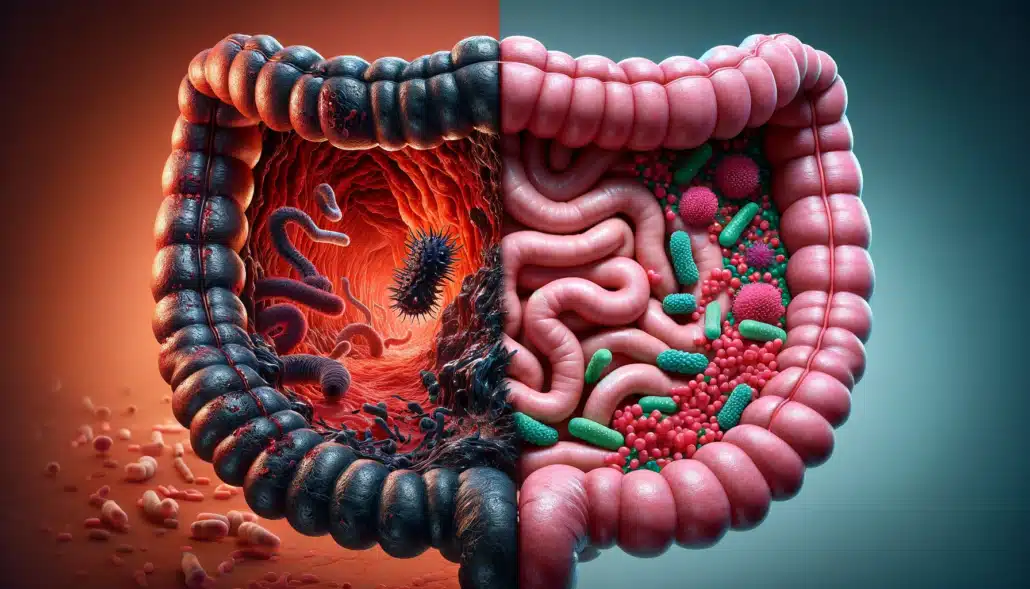The Ultimate Guide to Gut Health: Boost Your Well-being Now
Welcome to the official Gut Health section of Jonathan Bailor! If you’re interested in more of our health guides and topics, make sure to check out our Brain Health, Colon Health, Cough and Phlegm, Thyroid Health, or Hormone Health sections! Let’s dive in.
Did you know the key to unlocking your overall well-being might be hidden in your gut? Gut health plays a vital role in our physical and mental wellness, and maintaining it can significantly improve our quality of life. Embark on a journey with us as we explore the fascinating world of gut health, its importance, and practical tips on how to nourish and support it.
Through this ultimate guide, you’ll discover the intricate connection between your gut and brain, learn about the factors that contribute to a healthy gut microbiome, common gut health issues, and the role of probiotics and prebiotics. Let’s dive in and unlock the secrets to boosting your well-being through optimal gut health.
Key Takeaways
- Gut-brain connection is a two-way relationship between digestion and mental health.
- Maintaining healthy gut through diet, lifestyle & fermented foods promotes optimal digestion, nutrient absorption & reduces inflammation.
- Building healthy microbiome requires dietary modifications, exercise, stress management & adequate sleep. Avoid processed/high fat food to maintain it.
The Gut-Brain Connection
The gut-brain connection plays a pivotal role in our overall health. This intricate relationship between the gut and brain is like a two-way street where they constantly communicate, influencing mood, mental health, and digestion. Our digestive tract is home to a diverse population of microorganisms that aid in breaking down nutrients and making them available for our body’s use.
Mental health and gut health are closely interrelated, with studies from reputable institutions like the Cleveland Clinic and Johns Hopkins Medicine showing that individuals with anxiety or depression may be more likely to develop irritable bowel syndrome (IBS). This connection highlights the importance of nurturing a balanced gut microbiome for a healthy body and mind.
The Importance of a Healthy Gut
Proper digestion, immune system function, and reduced inflammation are all benefits of a healthy gut, which also aids in preventing various diseases. A balanced diet and lifestyle can strengthen your healthy immune system and ensure your digestive system functions optimally. A healthy gut also helps your body absorb nutrients effectively, contributing to your overall well-being.
Fermented foods, fiber-rich fruits and vegetables, nuts, and seeds are among the key players in promoting a healthy gut microbiome. These foods support the growth of good bacteria, which in turn provide numerous health benefits, such as improved blood sugar levels, protection against certain types of cancer, and a reduced risk of cardiovascular disease.
Building a Healthy Gut Microbiome
Building a healthy gut microbiome involves a combination of diet, lifestyle, and environmental factors that promote the growth of beneficial bacteria and maintain a balanced gut environment.
The upcoming sections will provide a deeper understanding of factors contributing to a thriving gut microbiome and offer guidance on managing your gut health.
Diet and Gut Health
Consuming a diet rich in fiber, whole foods, and fermented foods can improve gut health by promoting the growth of good bacteria and reducing inflammation. Here are some examples of foods that can support gut health:
- Sweet potatoes
- Spinach
- Beets
- Carrots
- Fennel
In addition, fermented or pickled foods like kimchi, sauerkraut, and kefir provide probiotics that can bolster the gut microbiome.
Conversely, maintaining optimal gut health necessitates avoiding processed foods, high-fat foods, and foods rich in refined sugars. These foods may foster the growth of harmful bacteria, disrupting the delicate balance of your gut microbiome and potentially leading to poor gut health. Conscious dietary choices can greatly influence your gut health and overall well-being.
Lifestyle Factors
Lifestyle factors such as regular exercise, stress management, and adequate sleep can positively impact gut health and the diversity of gut bacteria. Engaging in physical activities like daily walks or high-intensity aerobic training has been shown to improve the quality and quantity of health-promoting gut microbes. Keep in mind that individuals with a lean body type are more likely to experience the gut health benefits of exercise than those who are overweight or obese.
For certain individuals with obesity-related challenges, healthcare providers may recommend weight loss medications alongside lifestyle changes to support gut health. These medications are not suitable for everyone and should only be considered under professional guidance.
Moreover, stress management is vital for maintaining gut health. Stress can trigger uncomfortable gastrointestinal symptoms and disrupt the balance of your gut microbiome. By incorporating stress management techniques, such as engaging in physical activity or practicing mindfulness, you can help preserve your gut health and improve your overall well-being.
Environmental Factors
Environmental factors, such as exposure to diverse microbes and avoiding overuse of antibiotics, can help maintain a healthy gut microbiome. Being exposed to a variety of microbes can introduce beneficial bacteria, supporting a balanced gut environment. Moreover, judicious use of antibiotics is essential to maintain the equilibrium of beneficial bacteria, as excessive antibiotic use can disrupt the delicate balance of the gut microbiome.
Mindfulness of the environmental factors affecting your gut health allows you to take proactive measures to nurture and sustain a thriving gut microbiome. This, in turn, contributes to your overall health and well-being.
Common Gut Health Issues
Common gut health issues include:
- Bloating
- Constipation
- Diarrhea
- Irritable bowel syndrome (IBS)
These issues can be attributed to an imbalance in gut bacteria, poor dietary choices, or lifestyle factors. For instance, bloating may be caused by a buildup of gas produced by gut microbiota breaking down nutrients.
Addressing these gut health issues often involves making dietary and lifestyle changes. Some strategies to consider include:
- Consuming a balanced, fiber-rich diet
- Managing stress through techniques like meditation or exercise
- Avoiding trigger foods that may worsen symptoms
- Incorporating probiotics or fermented foods into your diet
- Staying hydrated and drinking plenty of water
In some cases, individuals with persistent gut health issues tied to weight challenges may discuss weight loss medications with their healthcare provider. These treatments are carefully tailored and may not be appropriate for everyone.
In some cases, consulting with a healthcare professional may be necessary to identify the root cause and develop an appropriate treatment plan.
Probiotics and Prebiotics: Allies for Your Gut
Probiotics and prebiotics, which foster the growth of beneficial bacteria and help maintain a balanced gut microbiome, are indispensable for gut health. Probiotics, found in fermented foods like yogurt, kimchi, and sauerkraut, can promote the growth of good bacteria and reduce inflammation. Prebiotics, on the other hand, are a type of fiber that nourishes the beneficial bacteria in the gut, helping them thrive and support overall health.
While consuming fermented foods and prebiotic-rich foods is beneficial, it’s important to remember that each person’s gut microbiome is unique. Hence, before taking probiotic supplements or implementing major dietary changes, it’s advisable to seek advice from a healthcare professional to ensure their suitability based on your unique needs.
Foods to Avoid for Optimal Gut Health
Foods to avoid for optimal gut health include:
- Processed foods
- Refined sugars
- Artificial sweeteners
- Excessive alcohol consumption
These foods can negatively impact gut bacteria and cause inflammation, leading to an unhealthy gut. Ultra-processed foods, in particular, can result in alterations to the gut microbiota and an increased risk of colorectal cancer.
By limiting the intake of these harmful foods and focusing on consuming whole, fiber-rich foods, you can support a healthy gut microbiome and reduce the risk of developing various health issues.
A balanced, diverse diet is key to maintaining optimal gut health, which gut health refers to the overall well-being of your digestive system.
Tips for Maintaining Gut Health
Eating a diverse, fiber-rich diet, staying hydrated, managing stress, and getting adequate sleep are all vital for maintaining a healthy gut. Here are some tips to support a healthy gut:
- Include a variety of high-fiber foods, such as fruits and vegetables, in your diet to promote the growth of beneficial bacteria.
- Drink plenty of water to reduce digestive discomfort and ensure optimal gastrointestinal function.
- Manage stress through relaxation techniques, exercise, and self-care.
- Get adequate sleep to support overall health and gut function.
Another helpful tip for maintaining gut health is to eat slowly and chew your food thoroughly. This simple practice can aid digestion, help your body absorb nutrients more effectively, and reduce the risk of digestive issues like bloating and indigestion. Integrating these tips into your daily routine can notably enhance your gut health and overall well-being.
Signs You May Have an Unhealthy Gut
Signs of an unhealthy gut may include:
- Digestive issues, such as bloating, constipation, or diarrhea
- Unintentional weight changes
- Sleep disturbances
- Skin irritation
- Food intolerances
These symptoms can indicate an imbalance in gut bacteria or other underlying health issues that may require attention.
If you suspect you have an unhealthy gut, consider making dietary and lifestyle changes to improve your gut health. In some cases, it may be necessary to consult a healthcare professional to identify the root cause of your symptoms and develop an appropriate treatment plan.
Supplements for Gut Health
Supplements that can help improve gut health include:
- Probiotics
- Prebiotics
- Digestive enzymes
- L-glutamine
- Curcumin
- Vitamin C
- Chamomile
- Ginger
These supplements promote the growth of healthy bacteria, including beneficial bacteria, and maintain a balanced gut microbiome. For certain individuals struggling with weight-related digestive issues, healthcare professionals might suggest weight-loss drugs as part of a broader strategy to improve overall health. However, these medications are not universally recommended and should be evaluated based on individual needs and risks.
It’s important to seek advice from a healthcare professional before taking any supplements to ensure they align with your specific needs and won’t conflict with ongoing medications or existing health conditions. Remember that supplements should be used as an adjunct to a healthy diet and lifestyle, not as a replacement.
Summary
In conclusion, achieving and maintaining optimal gut health is a crucial aspect of overall well-being. By understanding the gut-brain connection, the importance of a healthy gut, and the factors contributing to a balanced gut microbiome, you can make informed decisions about your diet, lifestyle, and environmental factors that will positively impact your gut health.
Remember that a healthy gut is the foundation of a healthy body and mind. With the knowledge gained from this ultimate guide to gut health, you can take control of your well-being and embark on a journey to a healthier, happier you.
Frequently Asked Questions
How can I improve my gut health?
To improve gut health, aim to eat a high-fiber, plant-based diet with fermented foods, exercise regularly, get adequate sleep, manage stress levels, and limit alcohol consumption. You may also want to consider adding a probiotic supplement.
What are signs of poor gut health?
Signs of poor gut health include digestive issues like irritable bowel syndrome, skin rashes and allergies, fatigue, sugar cravings, autoimmune problems, constipation, diarrhea, heartburn, and bloating.
How can I restore my gut health?
Restore your gut health by eating a high-fiber, plant-based diet with polyphenols and fermented foods, limiting processed and alcohol consumption, exercising regularly, and possibly taking probiotic supplements.
How do I cleanse my gut health?
To cleanse your gut health, drink plenty of water and stay hydrated, manage stress, avoid sugar, saturated fats, and preservatives, get better sleep, eat whole, nutrient-dense foods like fresh fruits and vegetables, nuts, seeds, and some legumes, create a timeline and method, and add a supplement or herbs.
What are some good sources of prebiotic fiber for gut health?
Good sources of prebiotic fiber for gut health include bananas, asparagus, artichokes, onions, leeks, and garlic.























































